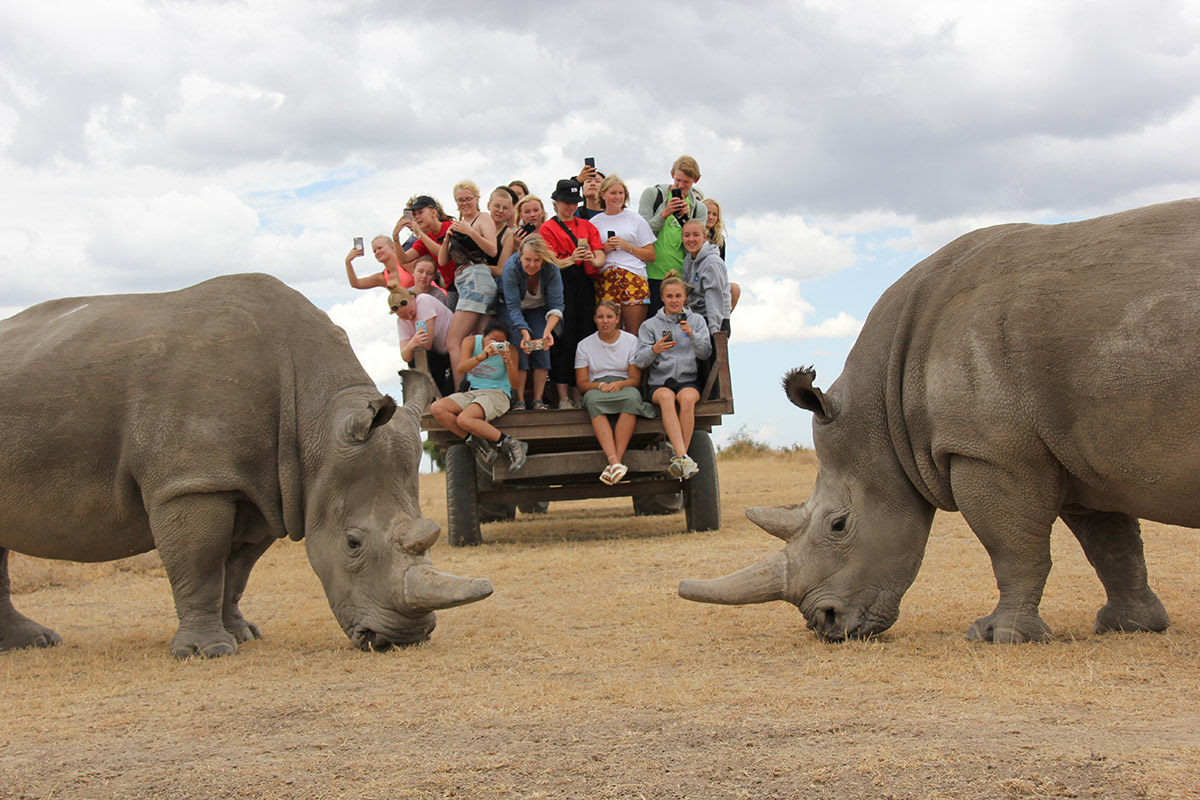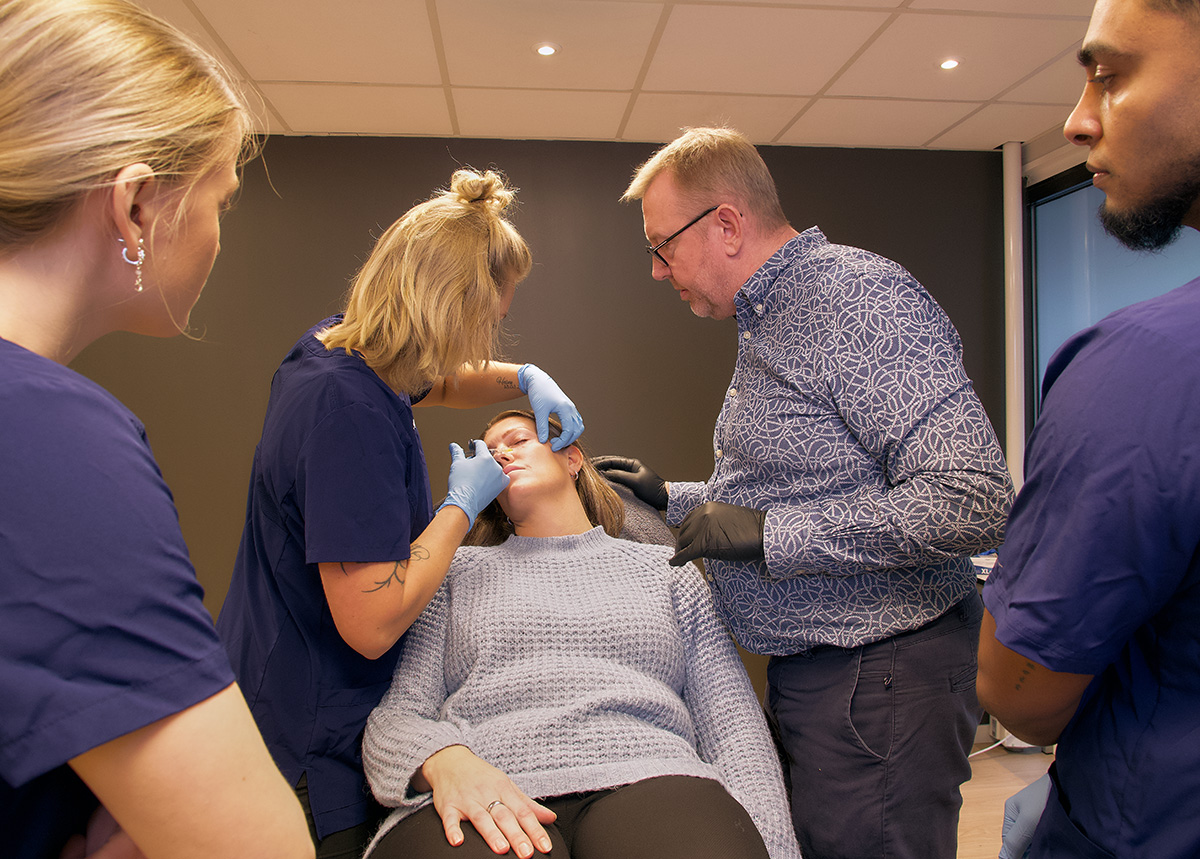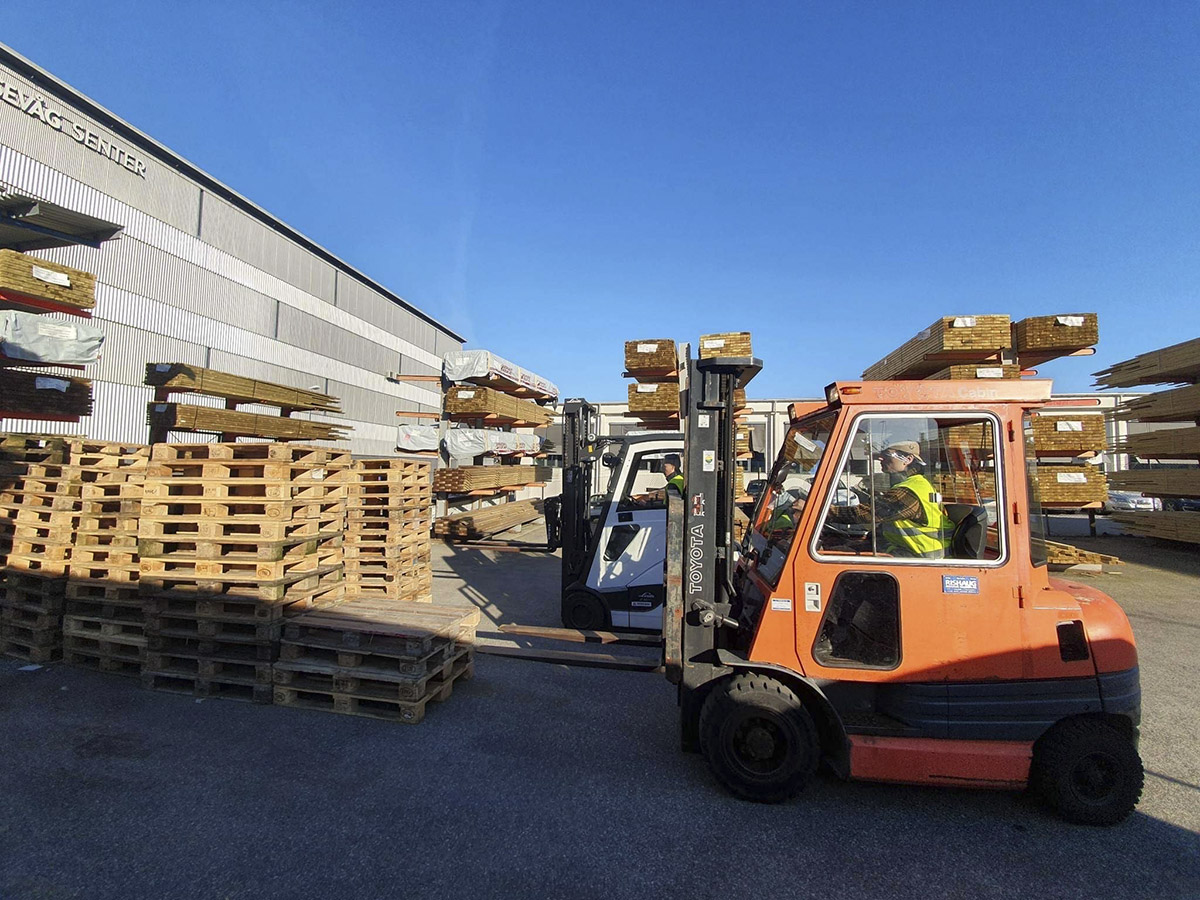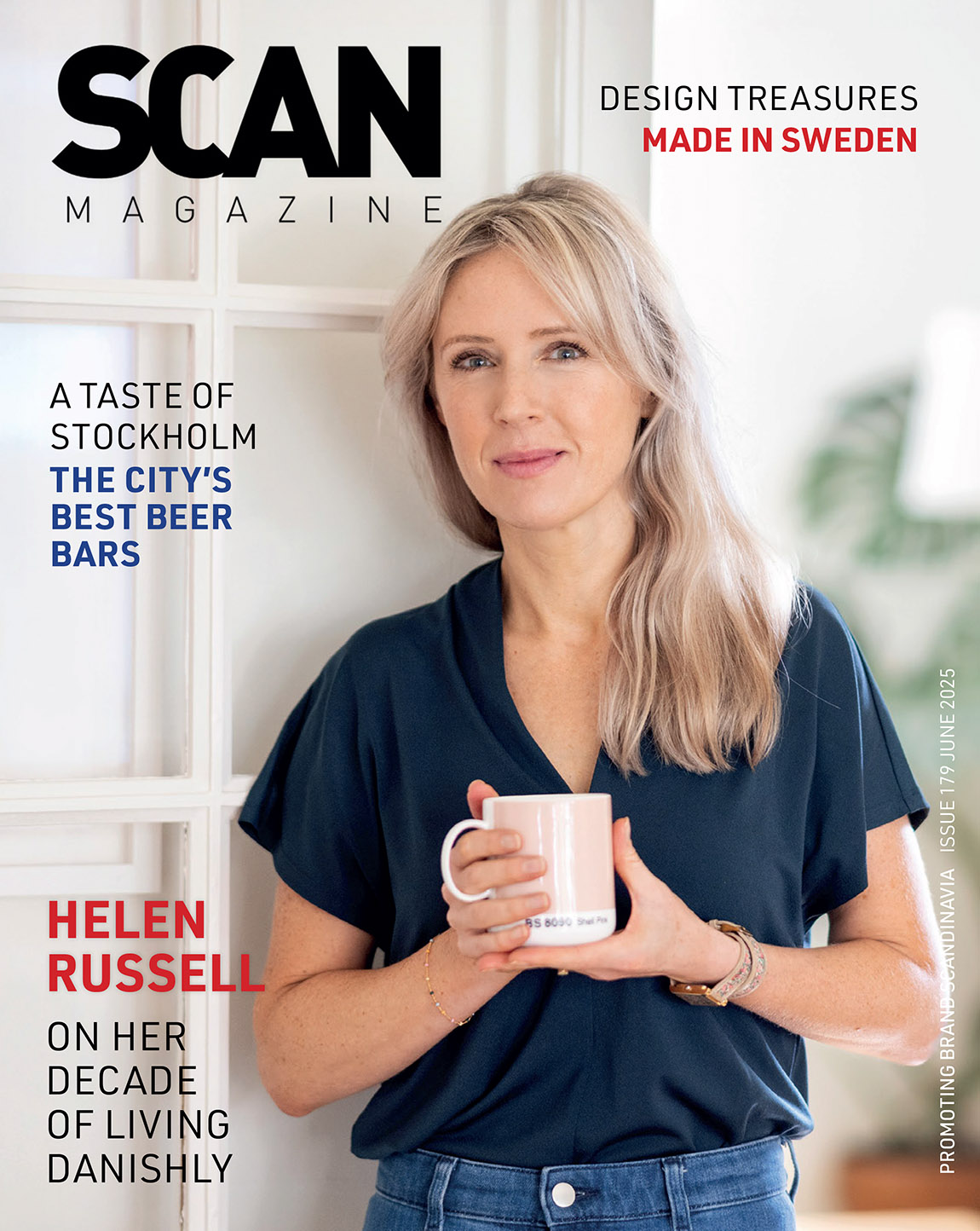Aarhus School of Marine and Technical Engineering: Unlock the world at Aarhus School of Marine and Technical Engineering
By Louise Older Steffensen | Photos: Kristoffer Mølstrøm
You won’t find another technical degree as broad and full of possibilities as Aarhus School of Marine and Technical Engineering’s degree in marine and technical engineering (maskinmesteruddannelsen). Danish sailors, merchants and shippers have relied upon their marine and technical engineers (MTEs) to take control of the technical aspects of ships and see them safely to shore for generations. Recently, their breadth of knowledge, propensity for leadership and technical skillset have seen more and more MTEs stay on land, employed in a never-ending array of industries and positions in Denmark and beyond.
Out at sea, marine and technical engineers need to maintain a cool, calm overview of everything going on within the ship. At the same time, they must possess technical knowledge specific enough to deal with any problem that arises. The welfare of everyone on board depends on them. On land, there are few industries that wouldn’t also benefit from having someone like that onboard their team, something that plenty of technical companies have already realised. Nowadays, in fact, 80 per cent of MTEs from Aarhus School of Marine and Technical Engineering end up working on land.
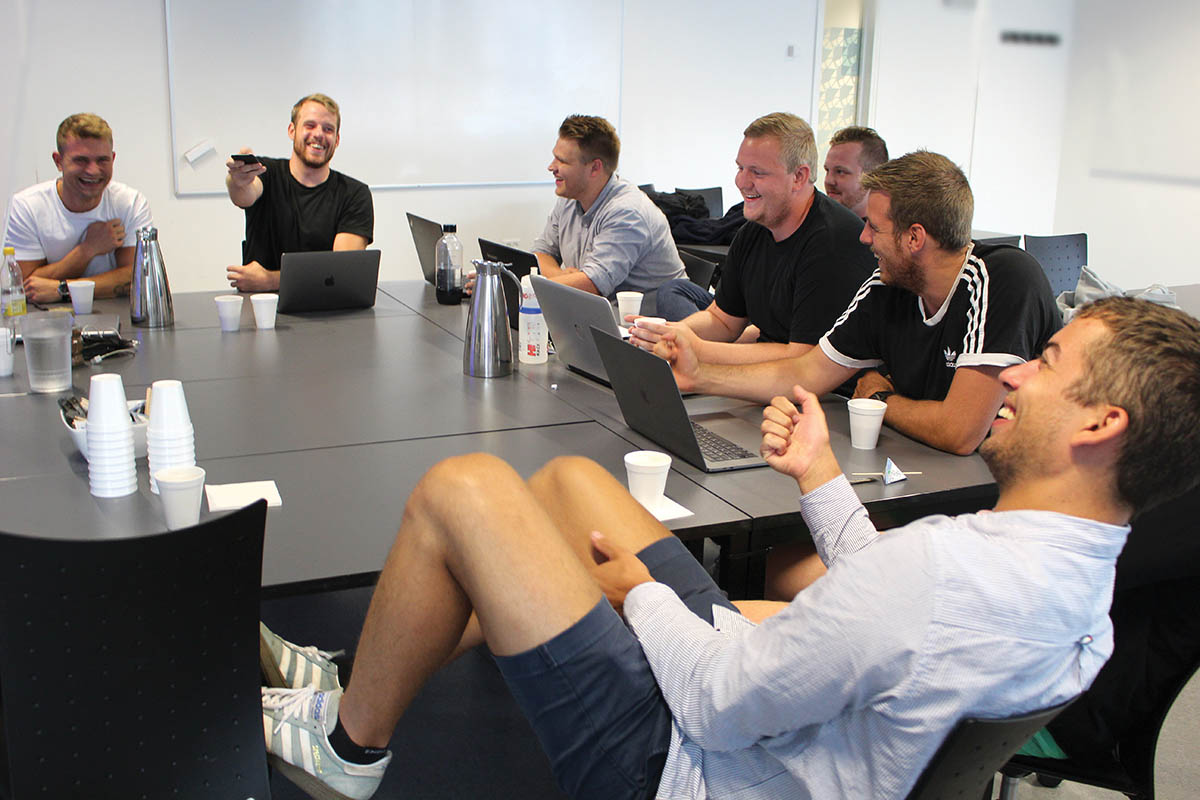
One of the school’s recent graduates, Thomas Vonsild, a confirmed landlubber, believes he owes the success of his recent career shift to the degree. Like many of his fellow students, Vonsild already had a well-established technical career, having worked as a graphic printer at a local newspaper for many years. “I felt like I couldn’t really advance to where I wanted to be on the career path that I was going down. The world was changing and though I’d loved my job, I needed further training if I were to work in a technical management capacity,” he recalls. “I came into the degree intending to use it as a stepping-stone from one career to another; it was clear from the beginning that it would open up a world of different career options to me, and it did.”
The degree takes place over the course of three to four and a half years, depending on the student’s background. Those with significant relevant vocational experience, like Vonsild, tend towards three years, while people coming straight out of school receive extra training, ensuring that everyone is on a level playing field once they get together. “In my cohort, ages ranged from 20 to 50,” Vonsild says, “which was brilliant. People come to the degree from very different backgrounds. Some come from a more academic background, others are highly experienced in the practical aspects. We all learnt a lot from each other and all came out as more well-rounded professionals as a result.”
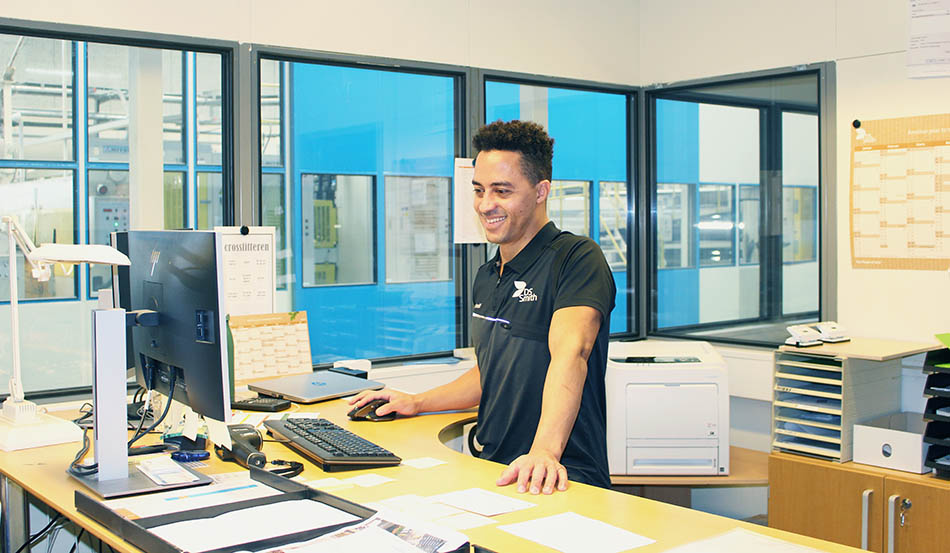
“The teachers have impressive professional backgrounds, and they know how to pass on that knowledge to us. It’s a long-existent degree solidly built up around traditional technical and mechanical understanding, but it’s continually updated, which is crucial in the increasingly digitised world of today,” Vonsild explains. “Robotics, automation and coding, for example, play increasingly big parts in the degree.”
Leadership and project management are equally important parts of the degree, and in the latter terms, students are able to specialise in four fields: technical project management, maritime, energy technology and management, and an international exchange.
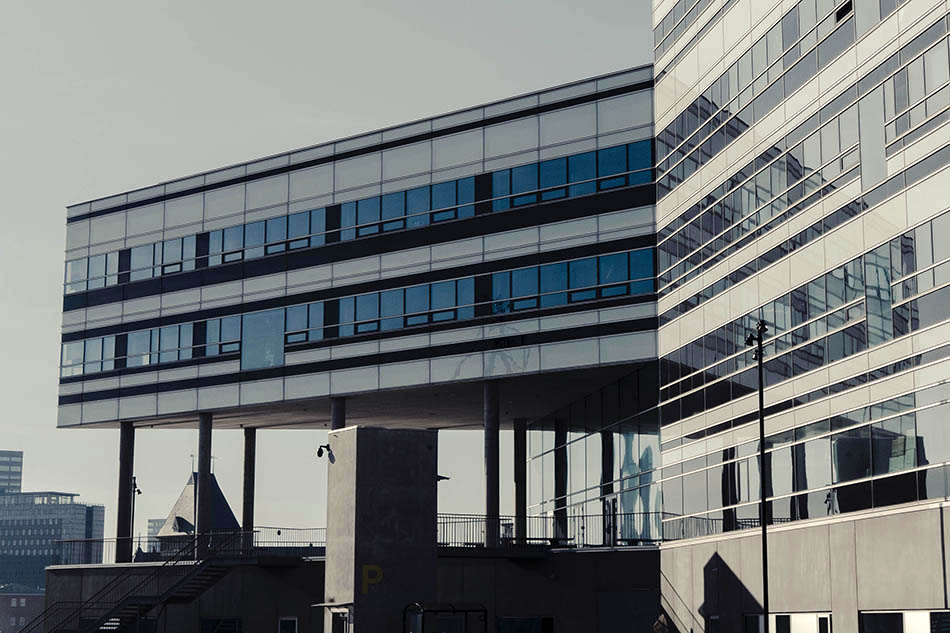
Help shape the future
Practical instruction and internships begin early in the course, ensuring that everyone comes out of the degree with relevant work experience, which undoubtedly contributes to the fact that 97 per cent of alumni find employment soon after graduation. Vonsild, who followed the technical project management track, interned at the giant Danish pump manufacturer Grundfoss, before picking up a job with the packaging company DS Smith. “Now, of course there was a bit of time between graduation and landing that job,” Vonsild is keen to note. “You still have to put in the work to get the good jobs.”
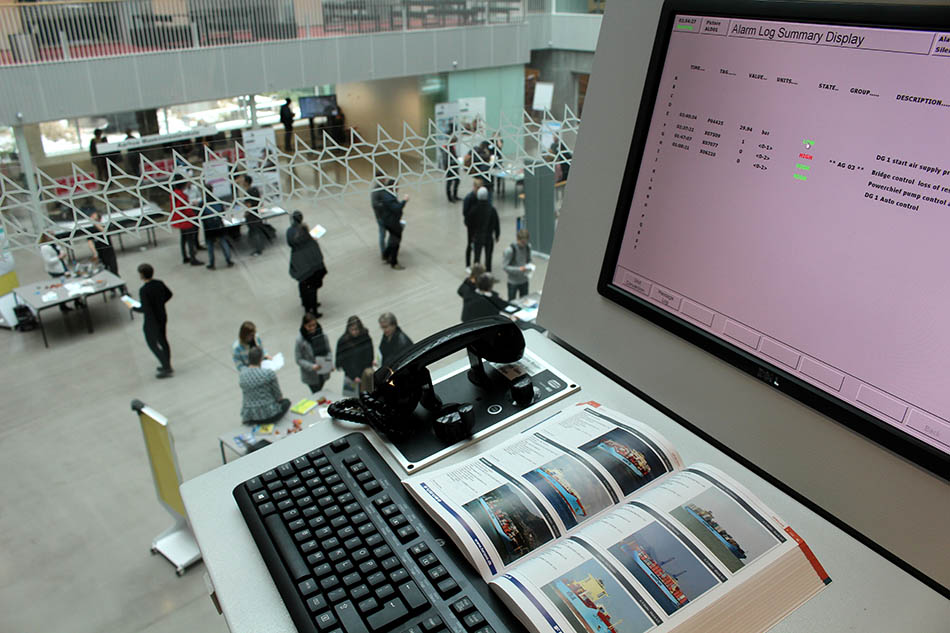
As a corrugator manager in the production at Grenaa at DS Smith, Vonsild oversees the making of corrugated cardboard packaging. “It’s certainly a field that looks towards the future. It’s a much greener form of packaging, and we’re seeing a great increase in interest from all types of businesses. It feels great to be adding something with real value to the world. And I have no doubt that I would not have got this job without my marine and technical engineering degree from Aarhus,” he says. “There’s still a lot of respect in Denmark and abroad for the ‘maskinmester’ title. It opens doors.”
Vonsild’s fellow Aarhus alumni work as energy consultants, business managers, environmental engineers and many other positions, as well as in more technical roles. Aarhus School of Marine and Technical Engineering has put together the degree with the World Economic Forum’s employment predictions for the fourth industrial revolution in mind, setting up their students to help steer the future towards a greener, healthier, more digital future full of possibilities.
“I’ve already recommended the degree to quite a few colleagues looking for their next career move. It’s a tough degree and hard work, but it is hugely rewarding when you put in the effort.”
www.aams.dk Facebook: aarhusmaskinmester
Subscribe to Our Newsletter
Receive our monthly newsletter by email


